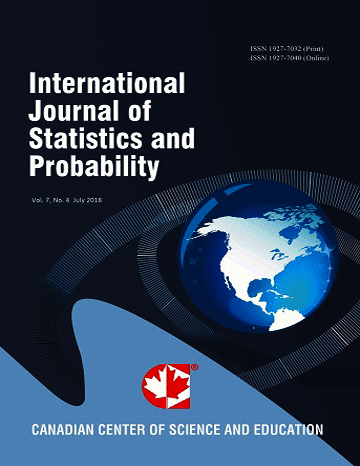Estimation of VECM Parameter Using Bayesian Approach: An Application to Analysis of Macroeconomic Variables
- Meilina Retno Hapsari
- Suci Astutik
- Loekito Adi Soehono
Abstract
This study uses the Bayesian approach to estimate Vector Error Correction Model (VECM). The aim of this study is to analyze the relationship between macroeconomic variables in Indonesia. To analyze the best method to influence government targets or policies on economic growth by studying the relationships of many macroeconomic variables. Previous studies in analyzing the relationship between macroeconomic variables with VECM analysis, using the Maximum Likelihood Estimation. However, this estimation method cannot solve the problem of overparameterization in VECM model. The variables used in this study are six macroeconomic variables in Indonesia in 2010 quarter 1 to 2019 quarter 4 are GDP, the money supply, exchange rate of rupiah to US dollar, exports, imports and interest rates. The number of data in this study is less than the number of estimated parameters causing overparameterization problems. Therefore, this study uses the Bayesian parameter estimation method to avoid overparameterization problems in economic data. The model obtained from this study is the BVECM(3) and it has been proven that the model is suitable (the model diagnostic test). Based on the parameter estimation results of BVECM(3), the significant variables affecting GDP are GDP itself, the money supply, exchange rate of rupiah to US Dollar, exports, imports and the interest rate for Bank Indonesia Certificates. In addition, there is a two-way relationship that affects each other, namely the relationship between GDP and the money supply, exports and imports, exports and interest rates, and between imports and interest rates.
 PDF
PDF
